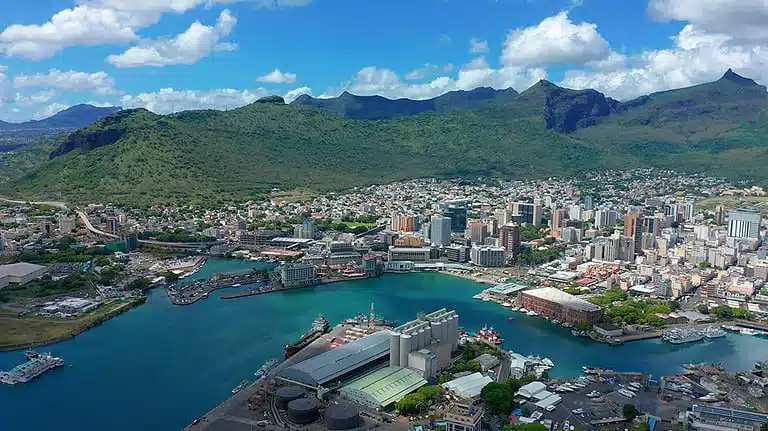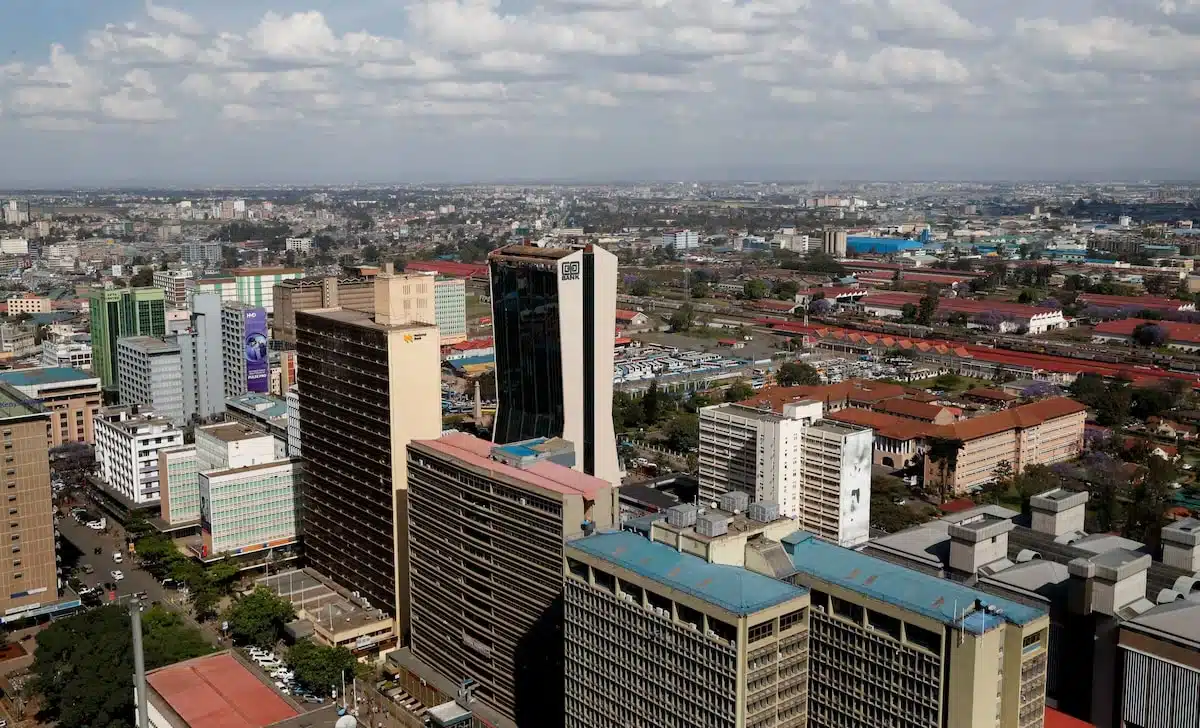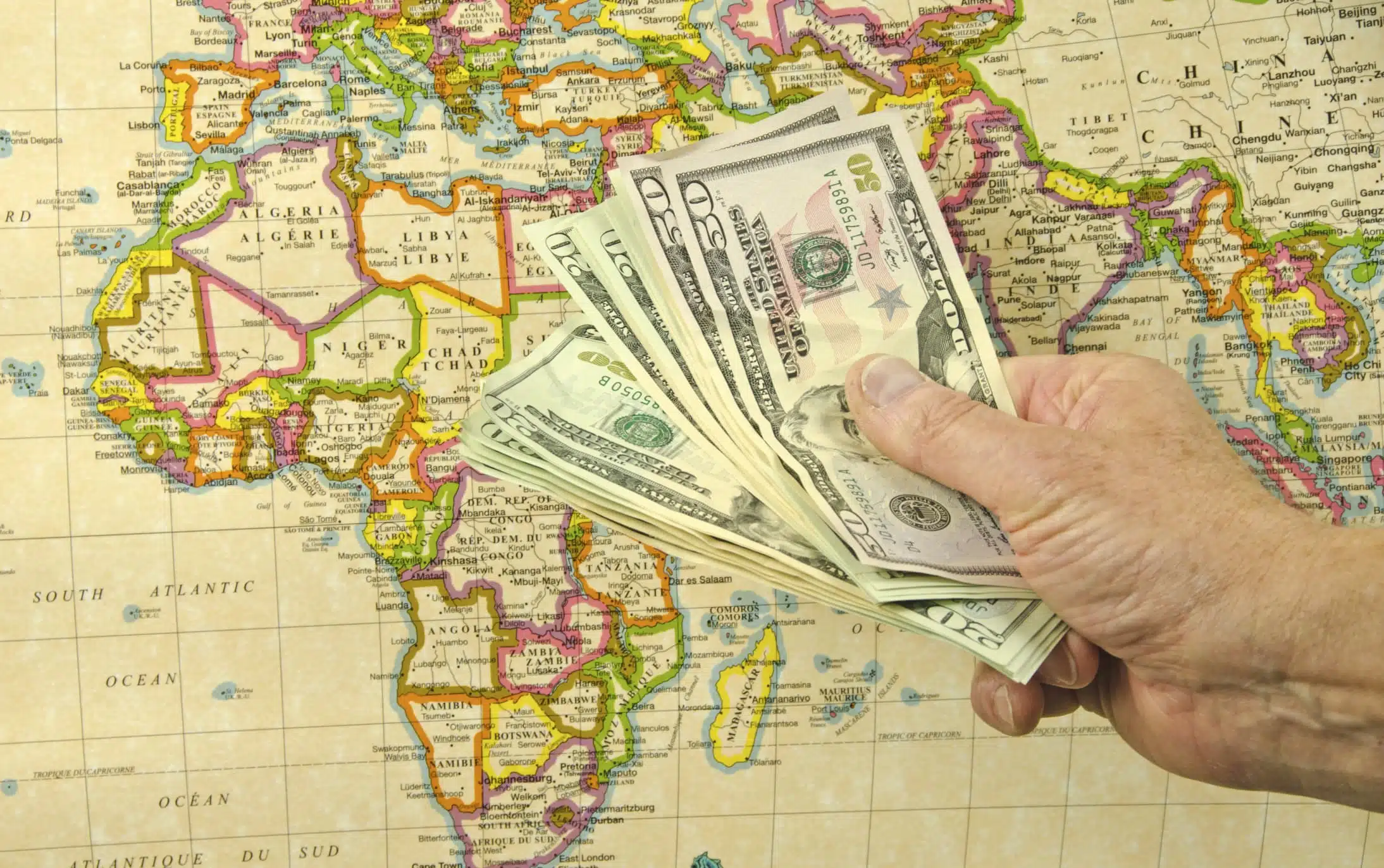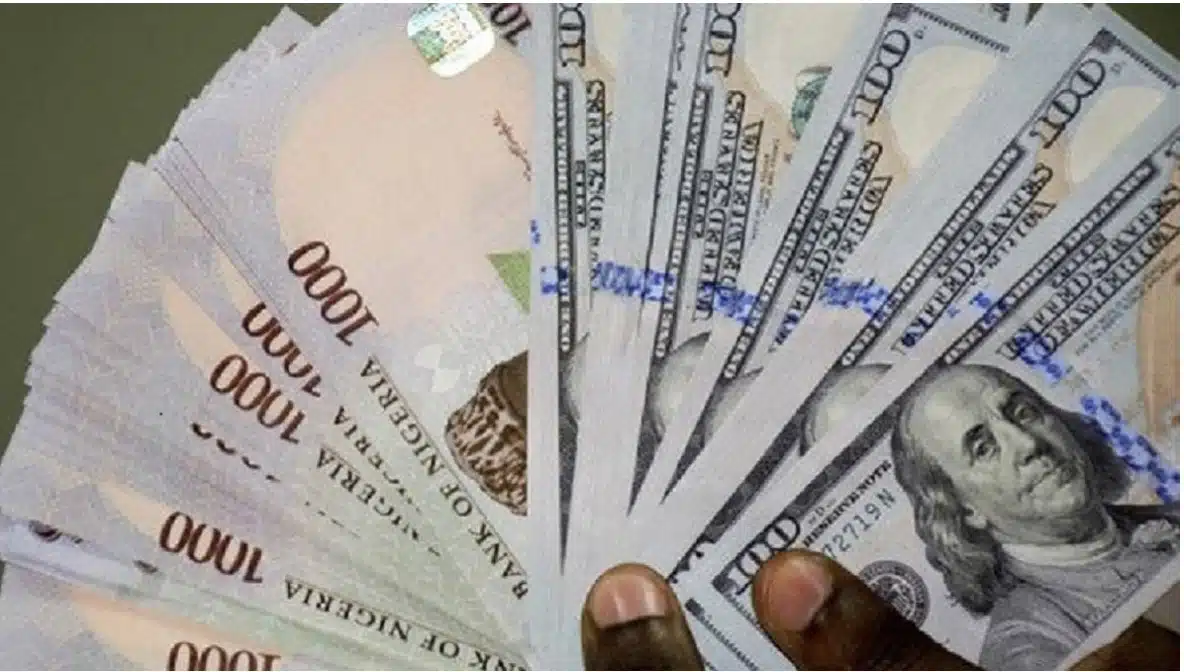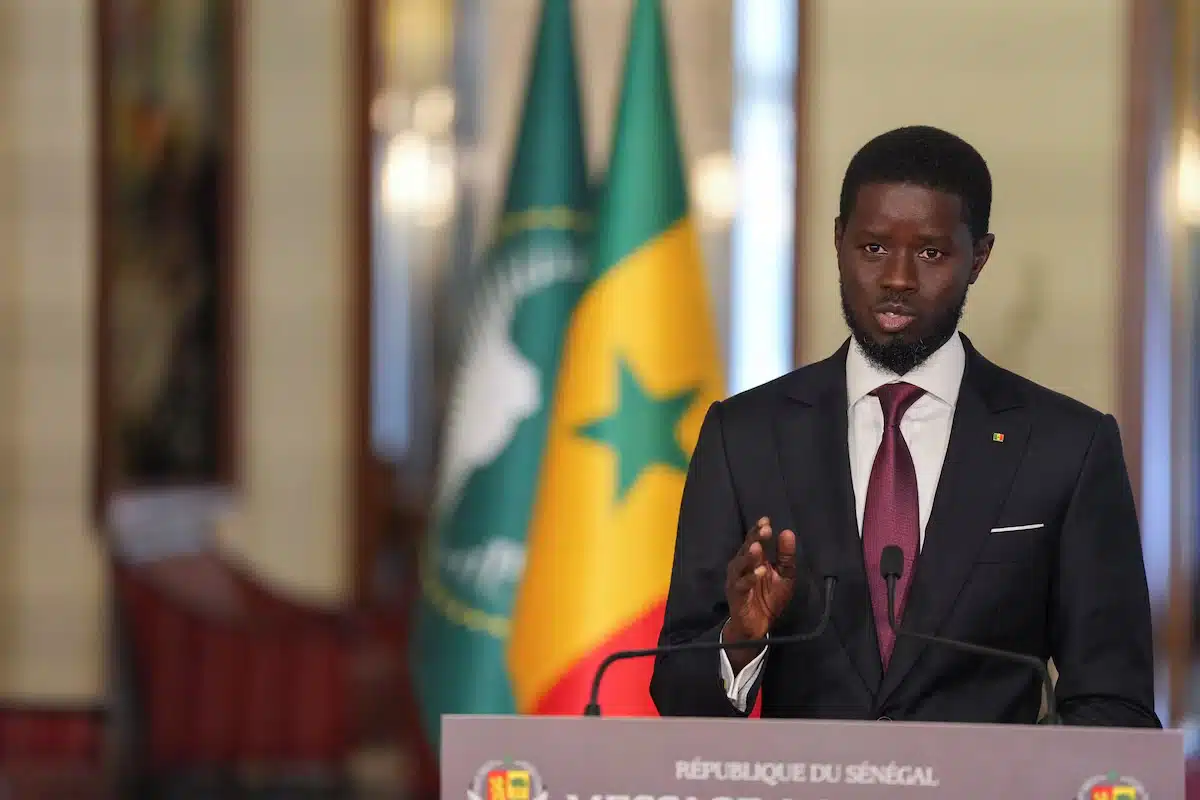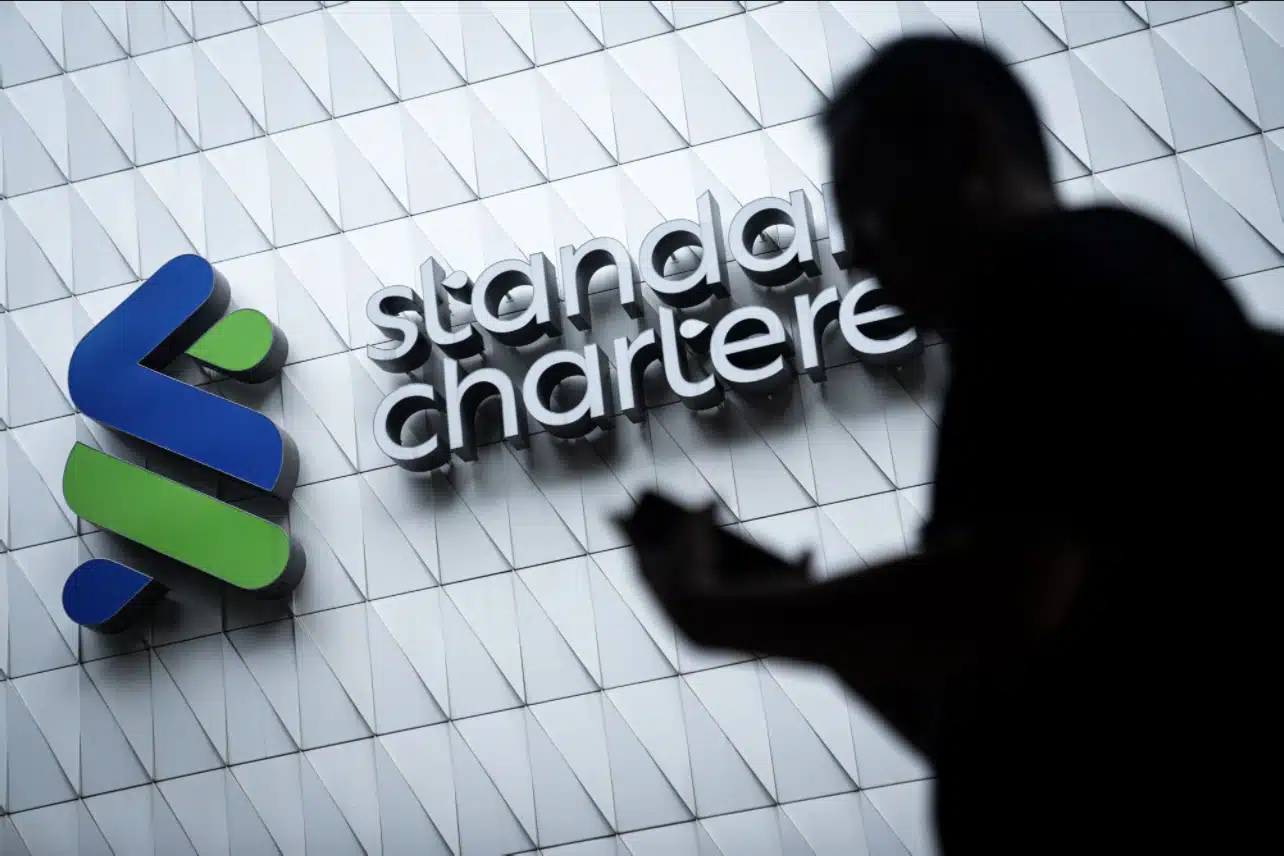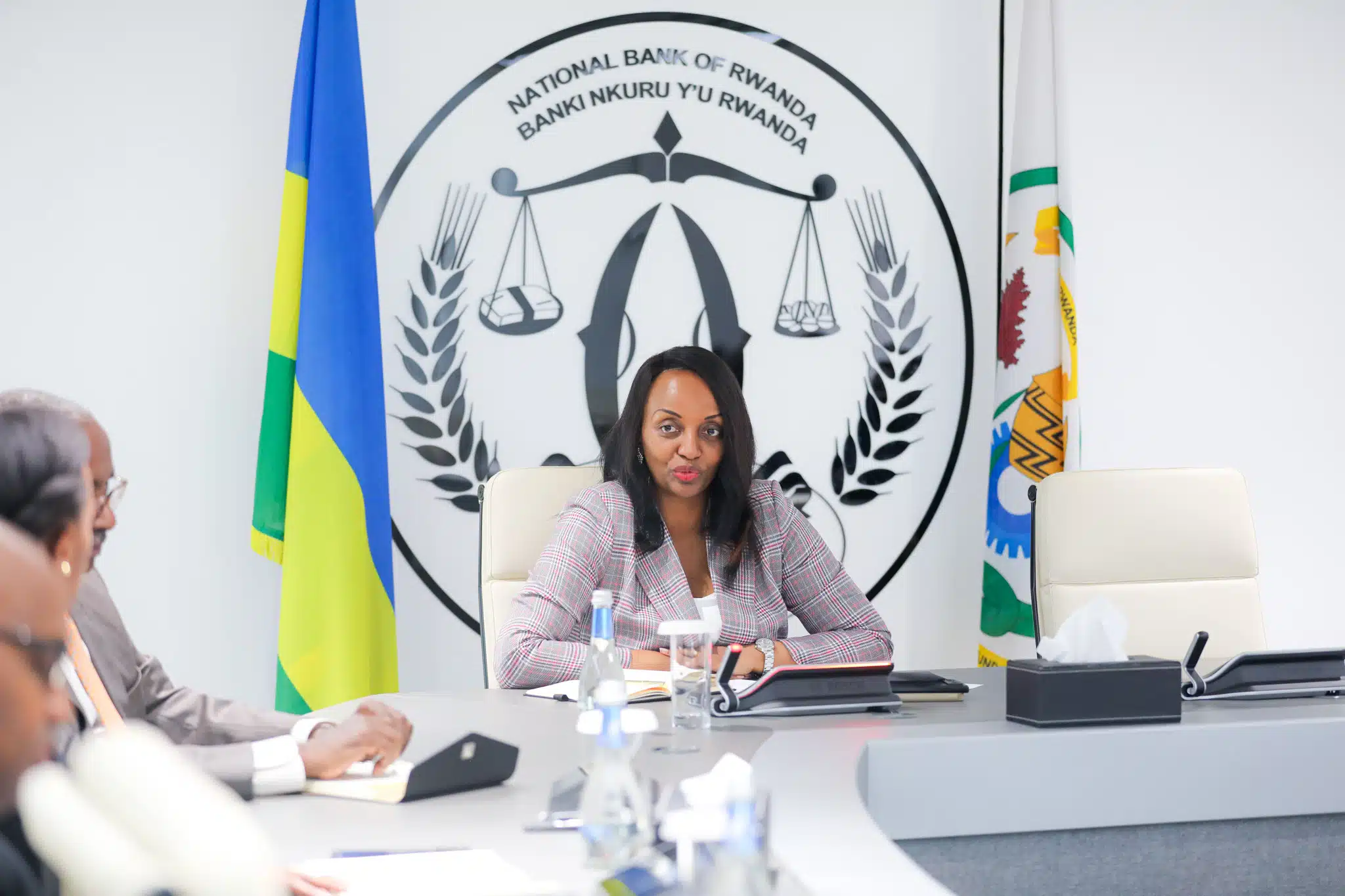Mauritius has emerged as the top destination for private equity investors in the first nine months of 2025, overtaking Nigeria, which dominated deal value in the same period last year, according to a new report by DealMakers Africa.
With just six transactions, Mauritius attracted the highest deal value at $1.25 billion, a 311.3% year-on-year jump from $38.9 million—its highest level in three years. Nigeria, despite recording 45 deals, saw deal value plunge to $987.5 million from $3.8 billion.
One of Mauritius’ biggest boosts came in June with the announced merger of Diplomatic Holdings Africa, Verdant Ventures, and Verdant Property Holdings’ diplomatic housing businesses into a single entity, involving 24,742,277 Grit Real Estate shares and valued at $839 million.
That same month, Tremont Master disposed of 718,990,967 shares (a 56% stake) in Alphamin Resources to Alpha Mining (International Resource Holdings) in a $367 million deal.
Why Mauritius keeps winning
Mauritius has evolved far beyond its tourism identity into one of Africa’s most sophisticated international financial centres. Its strong legal framework, competitive tax regime and strategic position at the intersection of Africa, Asia and Europe continue to draw global and regional capital.
The Economic Development Board (EDB) says the island hosts more than 450 private equity funds managing nearly $40 billion in assets across infrastructure, renewable energy, agriculture, telecommunications, logistics, financial services and fintech.
Through bilateral treaties and participation in the African Continental Free Trade Area (AfCFTA), the country also boosts regional integration and investor protection.
“For private equity funds, family offices, and multinational corporations, structuring operations through Mauritius offers tax efficiency, simplified governance, and alignment with international compliance standards,” said StraFin Corporate Services Limited.
Navigating past challenges
The jurisdiction has faced notable hurdles, including the change in the Double Taxation Avoidance Agreement (DTAA) with India, its temporary placement on the Financial Action Task Force (FATF) grey list between February 2020 and October 2021, and the transition from GBL2 companies to Authorised Companies.
In a recent article, Zoubeir Khatib, Managing Director at Oak Group Mauritius, said challenges such as the change in status of the DTAA with India, Mauritius being placed on the FATF grey list during a critical period and structural transitions like the replacement of GBL2 with Authorised Companies have contributed to this stagnation.
“However, despite these hurdles, Mauritius has maintained its reputation as a robust International Financial Centre. To ensure sustainability, the sector must innovate, embrace technology, and address its weaknesses with a clear, strategic approach that focuses on execution,” Khatib added.
Macro backdrop: A stable, diversified economy
Mauritius, with a population of 1.3 million, is an upper-middle-income economy driven by tourism, fisheries, manufacturing and financial services. According to the World Bank, its GDP stood at $14.95 billion in 2024, up from $14.1 billion in the previous year.
Although it briefly reached high-income status in 2020 before the pandemic setback, economic recovery continues. Poverty is projected to fall from 13% to 11% by 2027, while fiscal consolidation is expected to bring public debt down from 87% of GDP in 2024 to 82% by 2027.
Africa’s deal activity continues to slow
DealMakers Africa reported that overall deal activity across the continent (excluding South Africa) continued its downward trend, with deal value falling 6% year-on-year to $6.85 billion after a 10% drop in 2024. The number of deals fell to 259 from 282.
West Africa—driven by Nigeria with 45 deals—led activity with 78 transactions, followed by North Africa with 67 (43 in Egypt) and East Africa with 63 (37 in Kenya).
General Corporate Finance (GCF) activity also weakened sharply: 64 transactions valued at $2.2 billion, compared with 88 transactions worth $10.4 billion in 2024. Standout deals included Sun King’s $156 million securitisation, the largest majority commercial-bank-backed transaction of its kind in sub-Saharan Africa outside South Africa.
Mining dominated the top 10 transactions, led by Vitol’s $1.65 billion acquisition from Eni of stakes in the Baleine project (Côte d’Ivoire) and the Congo LNG project (Republic of Congo).
Analysts: Volatility weighing on momentum
“Africa’s M&A market has struggled to maintain momentum in 2025, against a backdrop of global volatility and domestic challenges,” said Seddik El Fihri, Managing Director & Partner at BCG in Casablanca.
El Fihri added: “Both deal volume and deal value declined during the first nine months of the year, diverging from the modest rebound seen globally. Limited large-scale transactions, dependence on resource-linked sectors, and cautious foreign investor sentiment have weighed on the market.”
BCG noted that Africa’s deal value fell 24% year-on-year, while transactions targeting African companies dropped 46%—in contrast to a 10% increase in global deal value.
Private equity still showing strength
Despite the headwinds, the continent’s fundamentals remain compelling. Marylou Greig, Editor at DealMakers Africa, said: “The continent’s structural strengths continue to attract investment as it is home to some of the world’s fastest-growing economies and boasts the fastest-growing working-age population, coupled with rapid digital adoption.”
Greig noted that together, these trends present a significant opportunity, particularly for private equity investors backing technology scale-ups in an era of tightening global liquidity. “Private equity is no longer viewed as an unconventional funding route, but rather as an increasingly reliable engine for scale, consolidation and long-term value creation, and a pivotal driver of M&A.”

